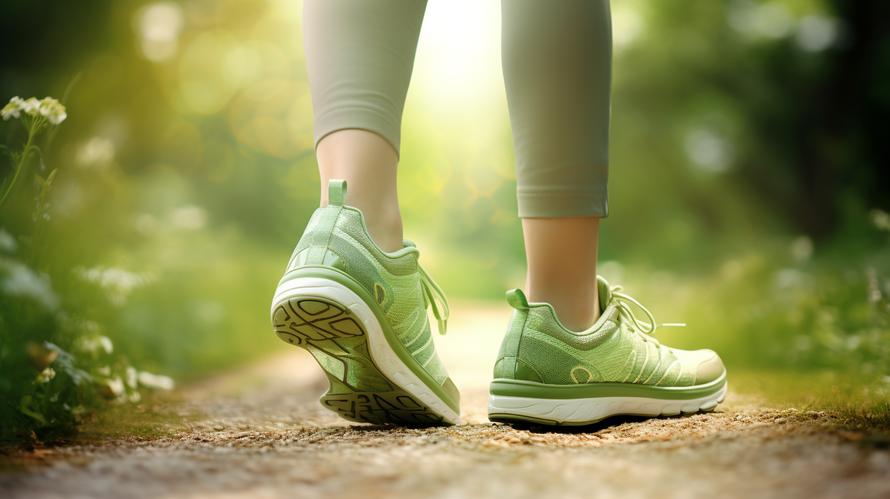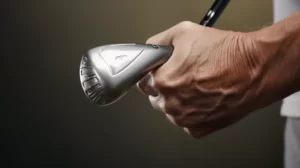There’s a shoe revolution happening around us. It’s not just on the crowded streets of Fashion Week, nor in the entirely trendy corners of the Internet. This revolution is taking place in the unlikeliest of realms – the human spine. Yes, you heard it right. Your choice of footwear has a significant influence on perhaps one of the most essential parts of your body – your back. This unexpected link between our shoes and back pain is a quiet conversation that needs to be brought to the fore, and this blog does just that.
Now, you might be thinking, “How in the world do my shoes affect my back?” Relax and grab a coffee because we are about to unfold the relationship between the shoes you love and the back pain you may not love so much.
First things first – the feet are our body’s foundation. They provide support, balance, and mobility. Therefore, what you dress them in, affects the rest of your body structure, and yes, this includes your spine.
To understand it better, let’s first delve into the knowledge of kinetic chain, which basically describes how different parts of your body are interconnected. If the foot, the first link in this chain, experiences any problems, it will lead to alterations in the entire chain, thereby changing movements and leading to potential pain and discomfort in places you least expect, like your back.
Have you ever experienced back pain after a long day of wearing high heels for women or too-tight shoes for men? That’s not a mere coincidence. It’s science.
When you wear high heels, your feet are not flat on the ground. This unnatural position leads to an altered body posture, with your lower back pushed forward to compensate for the change in balance. This, over time, can lead to a condition called lordosis, a type of misalignment of the spine, leading to back pain.
Similarly, for the gents, shoes with narrow toe boxes can squeeze your toes together, leading to discomfort not only in your feet but also potentially in your back. This can eventually change your walking style and posture, leading to biomechanical changes and back pain.
Outdoor runners and sports enthusiasts, take note! The type of sports shoes you pick can also have a significant impact. Shoes that don’t provide enough shock absorption can transmit the impact to the legs and up to the spine. This explains why wearing improper shoes and running on hard surfaces is among the most common causes of lower back pain.
Now that we’ve tackled the ‘how,’ the question that remains is: What can you do to keep back pain at bay?
First and foremost, when it comes to shoes, prioritize comfort over style. But worry not, for there is a plethora of fashionable yet comfortable footwear options available in the market today. Select shoes with low heels, comfortable arch support, and a spacious toe box.
Sports shoes should have excellent shock absorption qualities and good supports. Regularly replace worn-out athletic shoes because their shock-absorbing capabilities gradually decrease over time.
If you’re someone who can’t do without heels, try alternating between high and low heels throughout the week. You can also consider shoe inserts or specially designed insoles known as orthotics. They redistribute pressure evenly across the foot, which reduces the strain on certain parts of your foot and indirectly on your back.
Last but not least, remember to take care of your feet. They are the pillars of your body, and strengthening them can help improve balance, gait, and overall posture. Several stretches and strengthening exercises can help prevent foot-related problems.
To round off, it’s important to remember that while the link between footwear and back pain is significant, it’s just one part of a larger puzzle. Other aspects like maintaining a healthy weight, regular exercises, eating an anti-inflammatory diet also play crucial roles in keeping your back happy.
So there you have it. The connection between your shoes and back pain unwrapped and unpacked just for you. Don’t let your love for shoes wreak havoc on your back. Make wise footwear choices and step into a life with fewer back troubles. After all, when it comes to your health, every step counts!



